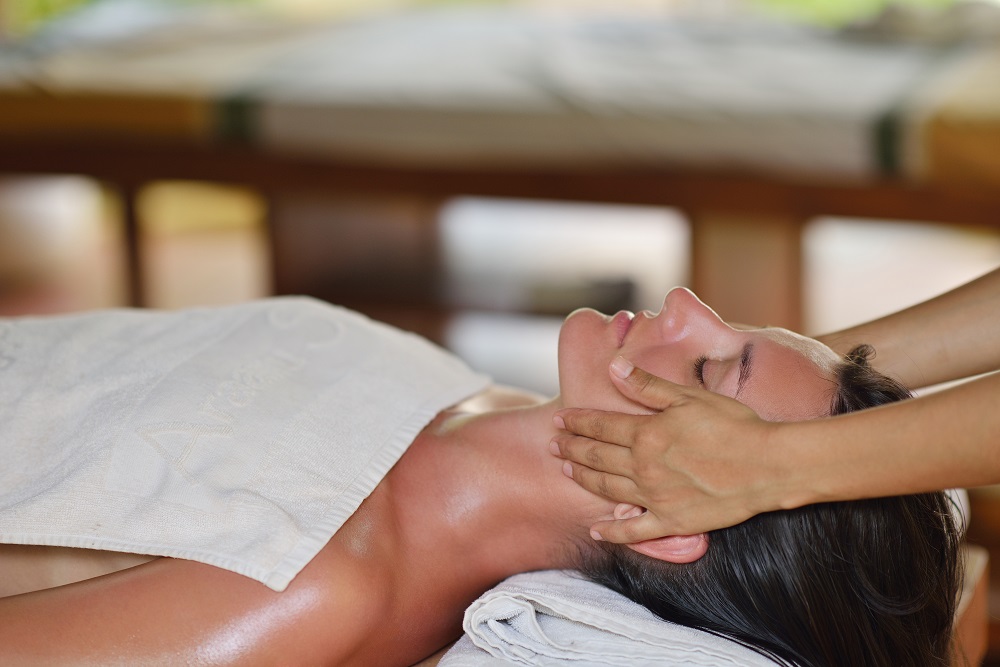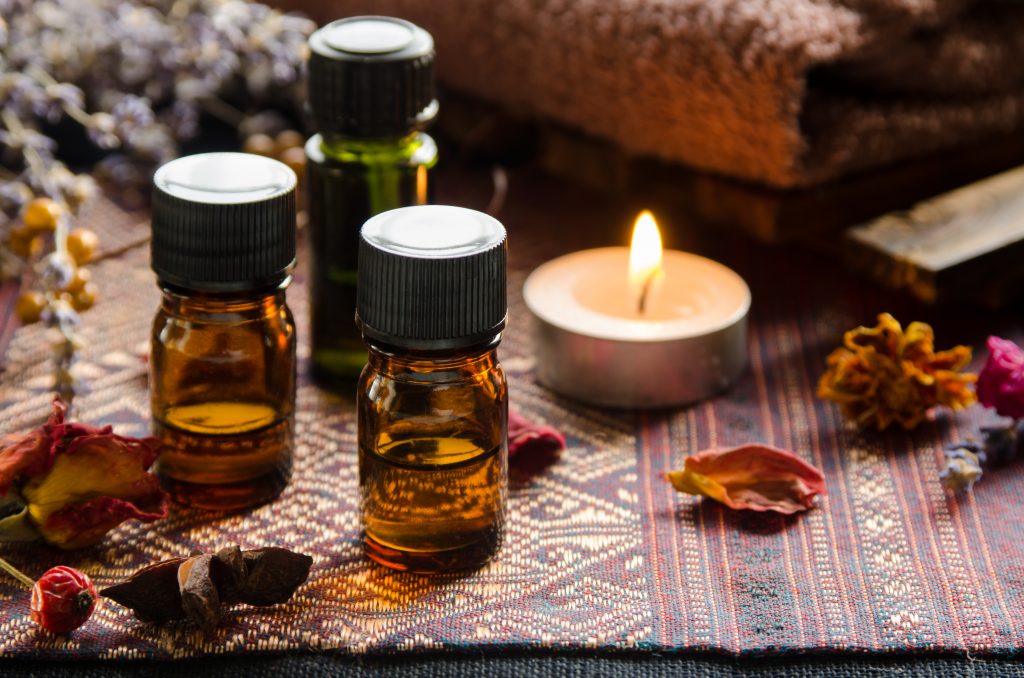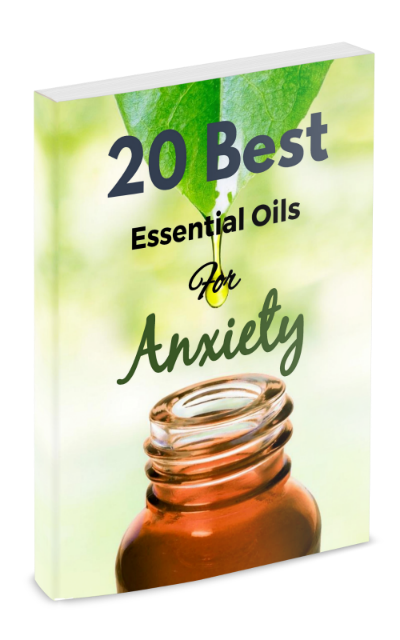In this article we explain how to use relaxing essential oils to help our minds and bodies unwind. Let’s take a look at the way we live life and how we sometimes feel because of it…
Have you ever been unable to understand a single sentence you’ve been reading? Did you ever feel that you were too fatigued to continue working, even before lunchtime? Chances are you need to relax.
Relaxation isn’t a luxury reserved only for weekends or vacations. Our minds and bodies need to relax often to function well.

Why Use Relaxing Essential Oils?
We know more today about the science behind relaxation than ever before. We now know that a state of deep relaxation helps our body counteract the effects of stress.
In this “relaxation response” state, our heartbeat and breathing slow down. Our blood pressure and metabolism decrease. The tired muscles in our bodies relax. Our bodies benefit greatly from deep relaxation.
When our conscious mind rests, it slows down taking in data. At the same time, other parts of our brain consider recent experiences and commit them to memory. When we rest, our unconscious mind works on problems and find solutions. Deep relaxation is highly beneficial for our brains.
How Do Relaxing Essential Oils Work?
The nose is directly connected to the brain’s limbic system which influences our emotions. By inhaling relaxing essential oils, we use our limbic system to help our minds and bodies relax. We stimulate positive emotions and feelings of relaxation.
Essential oils are highly effective in gently promoting a state of relaxation. Our minds and bodies react differently depending on the essential oils we use. Each oil has a specific range of benefits to suit every situation and can be chosen an used accordingly:
Blending and Mixing Relaxing Essential Oils

The essential oils below are all excellent choices for promoting relaxation:
Basil Essential Oil:
Gently relaxes by relieving mental fatigue, nervous tension and exhaustion when feeling vulnerable and unable to sleep.
Bergamot Essential Oil:
A gentle calming sedative. Helps relaxation by relieving accumulated stress, irritability and frustration.
Chamomile Essential Oil:
Relaxes by promoting a sense of satisfaction and calm control. Helps ease chronic tension and insomnia.
Clary Sage Essential Oil:
Relaxes by calming the mind of emotional confusion and indecision. Promotes tranquility and well-being.
Frankincense Essential Oil:
Provides gentle tranquil contemplation. Gently soothes the mind when feeling worried and mentally agitated.
Geranium Essential Oil:
Comforting and balancing. Promotes feelings of security and ease of enjoyment. Calms the spirit when frustrated, agitated and irritable.
Lavender Essential Oil:
Encourages calm composure. Stabilizes and alleviates stress. Disperses a build up of strong emotions.
Marjoram Essential Oil:
Calms the mind and the nerves. Warming and comforting when obsessively overthinking and worried.
Neroli Essential Oil:
Provides a gradual release of chronic and acute feelings of anxiety. Relaxes the nerves when emotionally exhausted, stressed and depressed.
Orange Essential Oil:
Easing and warming. Relaxes by encouraging unwinding of an excessive build up of stress and frustration.
Petitgrain Essential Oil:
Calming and balancing in states of anger, frustration and loss of hope. Has a sedative effect on the nervous system.
Tangerine Essential Oil:
Relaxes the mind and body by soothing the nervous system and alleviating stress and tension.
Vetiver Essential Oil:
Vetiver’s nurturing and restoring properties assist relaxation when mentally exhausted from work and in instances of physical and mental burnout.
Ylang Ylang Essential Oil:
Relaxes by encouraging a soothing and calming action on the heart. Particularly helpful for states of restlessness and agitation.
These relaxing essential oils can be blended to help deal with any tense state of mind. Blend up to three essential oils that will best help you relax and unwind.
Relaxation Improves Our Health And Well-Being
Our modern world is very stressful. Even on our best days, we have a lot of tasks to complete and a lot of information to take in. Our minds and bodies will tell us when it’s time to relax. We just need to be mindful of the signs.
Signals like feeling anxious, stressed or unable to sleep are all tell-tale signs that it’s time to take a break.
To stay ahead, keep a regular schedule where you can program relaxation activities. There are many relaxation techniques taught today. Some, like meditation, have been around for centuries. Others, like progressive relaxation, are recent developments.
Have a routine ready with a relaxation technique that suits you and your life-style. Finally, aromatherapy can always help you relax, no matter where you are or what technique you use.
Always be prepared to ease the tension in your mind and body by the gentle restorative use of relaxing essential oils.


